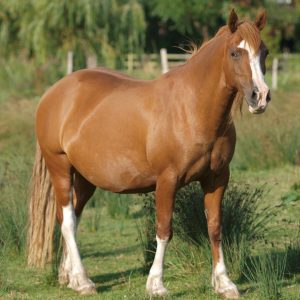
300
View Article
Knowing how much your horse weighs is important, but body condition is a key factor in determining how fit they are. Body condition measures the level of both fat and muscle in the horse’s body.
» View Article
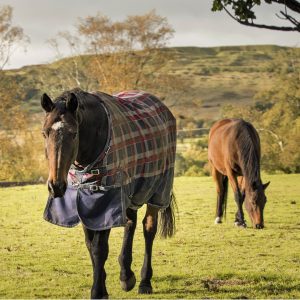
400
View Article
Vitamin E cannot be synthesized by the horse; therefore, it is considered an essential nutrient. The best source of vitamin E is fresh green grass; however, the potency of vitamin E declines very quickly once forages are harvested and dried. Vitamin E is most crucial when horses are fed diets almost exclusively composed of preserved forages.
» View Article

500
View Article
A strong immune system protects your horse against a host of outside invaders, including bacteria, viruses, and parasites. A properly...
» View Article
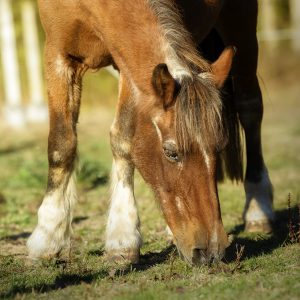
100
View Article
A horse’s nutritional needs change as they age. Consuming, digesting and absorbing enough calories and nutrients becomes more difficult for...
» View Article
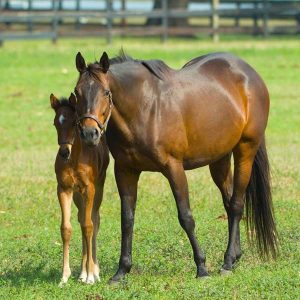
1,234
View Article
Elevate® and the breeding horse Vitamin E is an essential component of body-wide antioxidant defenses. These defenses play a vital...
» View Article

599
View Article
Two studies were conducted at the University of California, Davis to measure effects of vitamin E supplementation on serum and...
» View Article
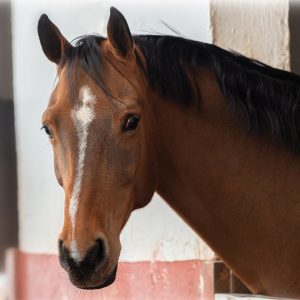
1,000
View Article
Research Update: high protein spikes insulin in horses with EMS/ID When it comes to developing a diet for horses with...
» View Article
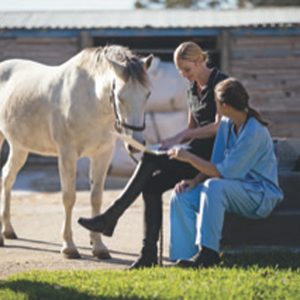
1,900
View Article
When should I test my horse’s vitamin E levels? If you are seeing any of the following signs of vitamin...
» View Article
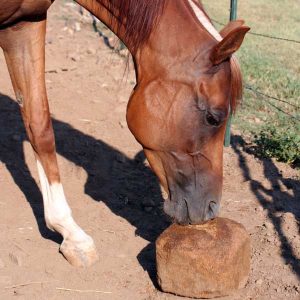
1,113
View Article
Where you put your salt block in the pasture makes a difference. Research in Alberta, Canada, showed that where you...
» View Article
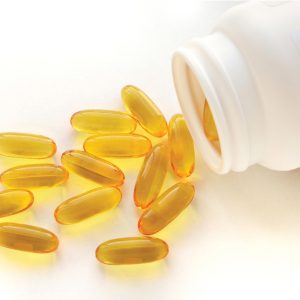
900
View Article
We all know that horse keeping is an expensive business. Each of us looks for ways to minimize our costs....
» View Article
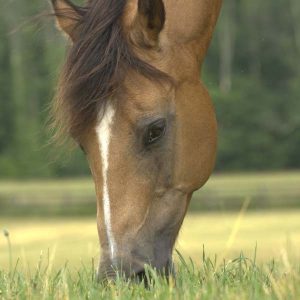
228
View Article
Certain types of horses are at higher risk of developing vitamin deficiencies than others. It may be because they are...
» View Article
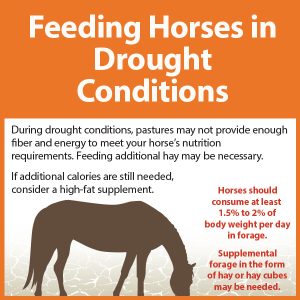
100
View Article
During drought conditions, pastures may not provide enough fiber and energy to meet your horse’s nutrition requirements. Feeding additional hay may be necessary. If additional calories are still needed, consider a high-fat supplement. Horses should consume at least 1.5% to 2% of body weight per day in forage. Supplemental forage in the form of hay or hay cubes may be needed.
» View Article
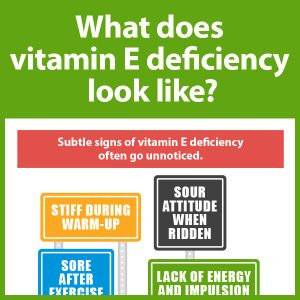
5,800
View Article
What does vitamin E deficiency look like in horses?
Subtle signs of vitamin E deficiency often go unnoticed.
Stiff during warm-up
Sore after exercise
Sour attitude when ridden
Lack of energy and impulsion
» View Article
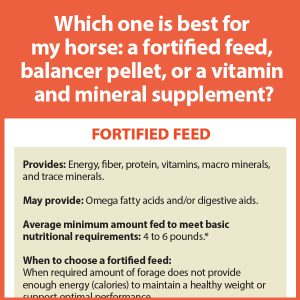
600
View Article
Confused about the difference between a fortified feed, balancer pellet, and vitamin and mineral supplement? You are not alone. We put together a simple chart to help you choose which one is right for your horse.
» View Article
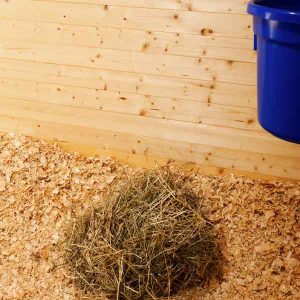
974
View Article
Vitamins and minerals are vital to the horse’s physical well-being. Without sufficient vitamin and mineral intake, it is impossible for...
» View Article
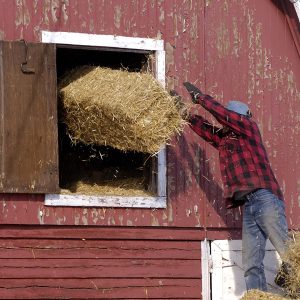
400
View Article
As long as the hay doesn’t get wet or moldy, the levels of protein, energy and minerals will remain relatively...
» View Article
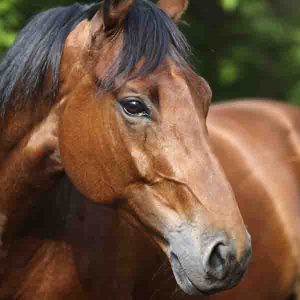
550
View Article
Minerals are inorganic compounds that serve both as components in body tissue and as catalysts for various body processes. They play a critical role in a horse’s health and well-being.
Minerals are broken down into two categories: macrominerals and microminerals.
» View Article
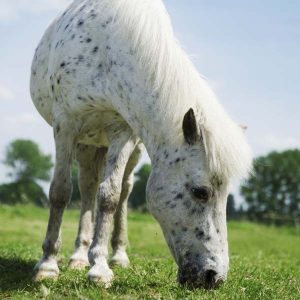
732
View Article
Minerals are inorganic compounds that serve both as components in body tissue and as catalysts for various body processes. Calcium and phosphorus are perhaps the most recognizable macrominerals. As with all minerals, they are vital to your horse’s well-being.
» View Article
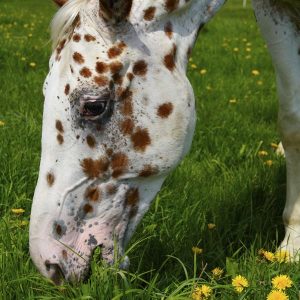
461
View Article
The far-reaching effects of vitamin E in equine nutrition are well known. Vitamin E plays imperative roles in immune, cardiovascular,...
» View Article

7,264
View Article
FDA sets safe level for average horse The FDA has set a daily recommended level of selenium for an “average”...
» View Article

9,261
View Article
Vitamin E is an essential nutrient for horses and is beneficial in combating the many effects of free radical production...
» View Article
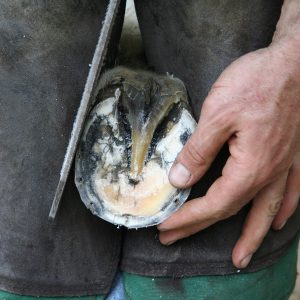
2,145
View Article
Biotin has become commonplace in feed rooms across the world because of its reputation as an effective hoof supplement. And...
» View Article

3,009
View Article
Vitamins are organic compounds, which, when provided in the proper amounts, play a major role in the well-being of your...
» View Article
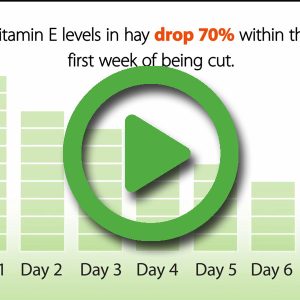
258
View Video
» View Video

























